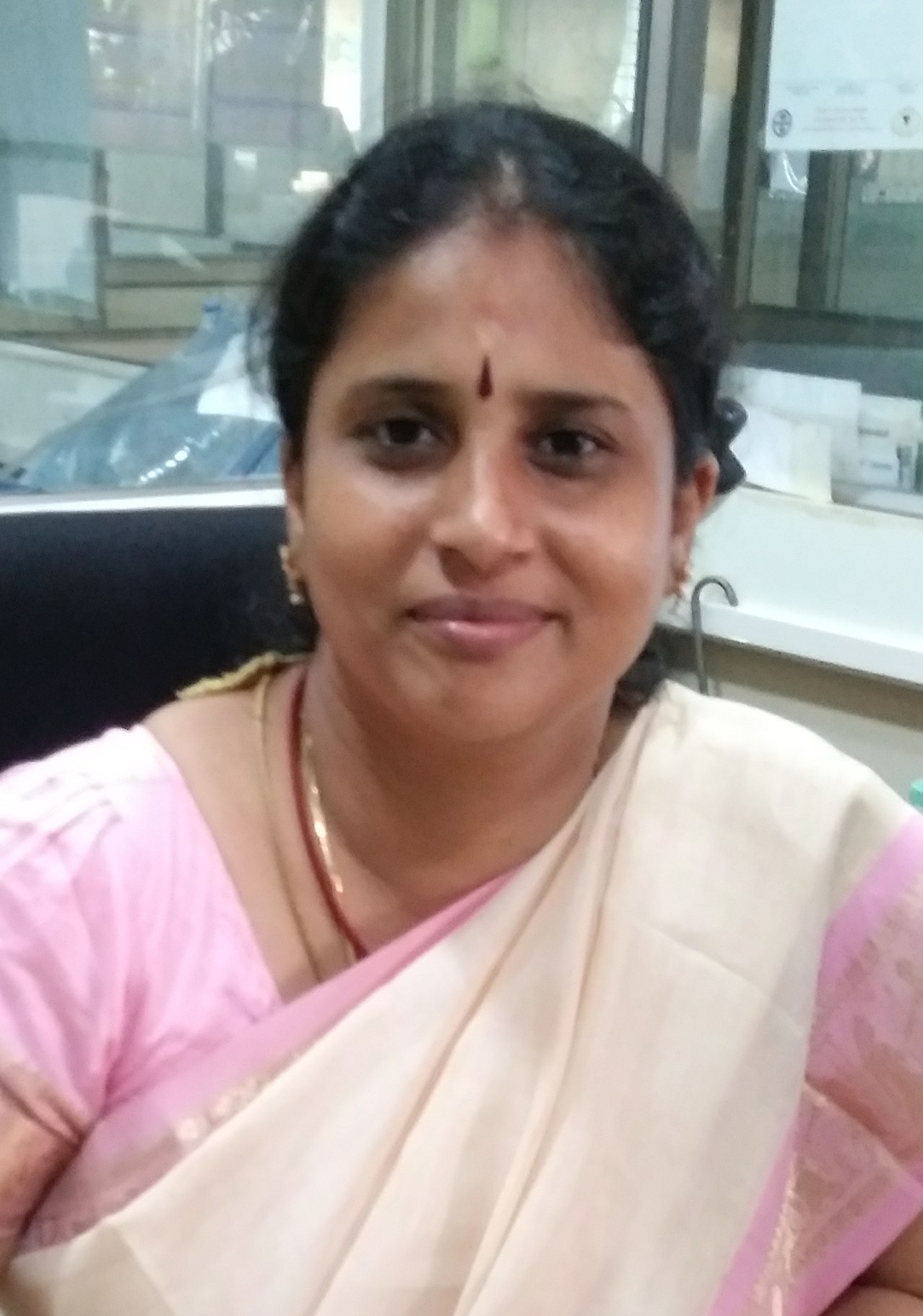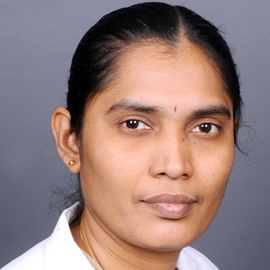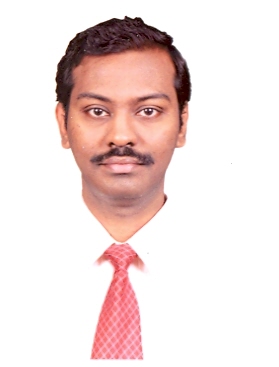About Program
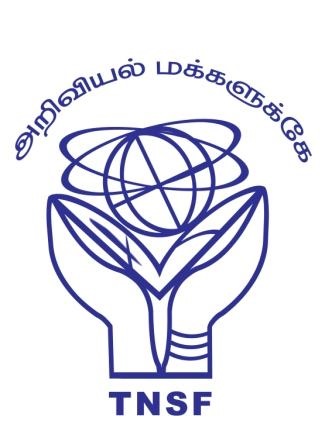
This is part of its efforts to popularize science to the general public and students who are pursuing science as their career. TNSF attempt to focus on students on higher science as everyone knows that learning of science at college within the curriculum is not enough to acquire holistic knowledge of science at the appropriate time. Hence, to fill the gap between what students are acquiring through the curriculum and what it is required, TNSF is planning its activities on higher science to students who are pursuing higher education.
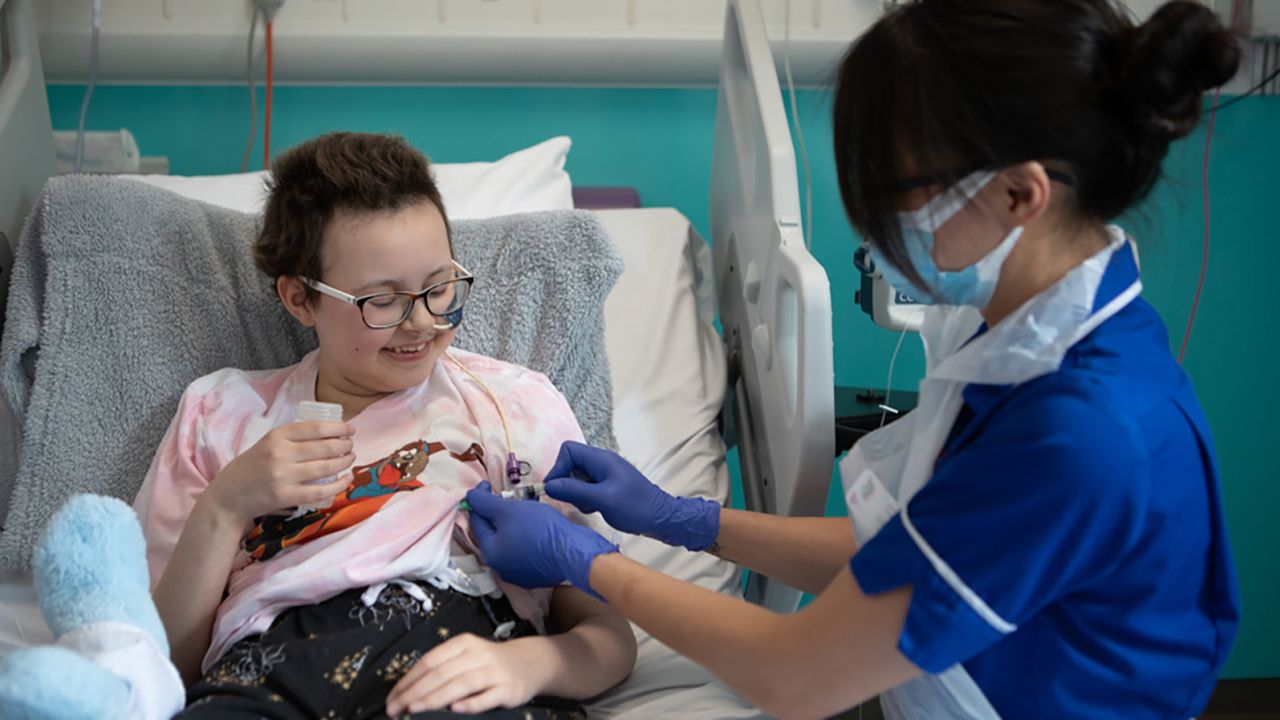
About the Lecture
For the first time, a new gene editing technology called base editing was used to modify immune cells and successfully treat a teen with treatment-resistant leukemia. A month afterward, 13-year-old Alyssa was in remission, and she continues to do well several months later.
The treatment is a modification of chimeric antigen receptor, or CAR, T-cell therapy. But instead of using the CRISPR gene editing technique to modify the patient’s immune cells, the clinicians used the more precise base editing technique to alter donor immune cells.
